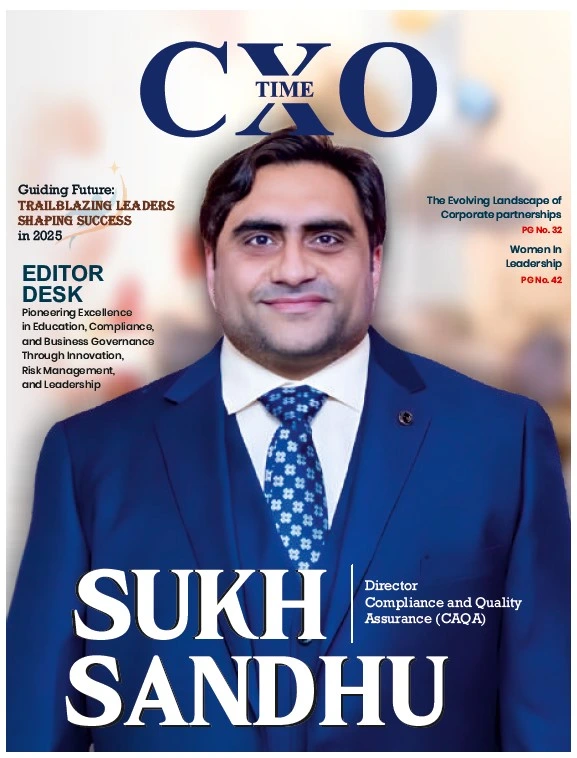

In the fast-paced world of modern business, effective communication is the lifeblood that sustains companies and propels them to success. Business communication, in all its forms, plays a pivotal role in establishing connections, fostering relationships, and achieving organizational goals. In this article, we’ll delve into the definition of business communication, explore its importance, and discuss the essential skills and styles that can make a difference in the corporate landscape.
Business Communication: Definition
In the ever-evolving landscape of business, where globalization and technology continue to reshape the way organizations operate, business communication stands as the linchpin holding together the threads of corporate success. At its core, business communication encompasses the intricate web of interactions that facilitate the flow of information, ideas, and messages within an organization and beyond its borders. This multifaceted discipline utilizes verbal, non-verbal, and written communication channels to convey thoughts, plans, strategies, and updates, effectively serving as for the modern enterprises.
Effective Business Communication
Effective business communication serves as the catalyst for efficiency and productivity within any organization. It transcends mere conveyance of information; it embodies the art of crafting and delivering messages in a manner that ensures clarity, comprehension, and resonance with the intended audience. Whether through the written word, spoken dialogue, or non-verbal cues, effective communication minimizes the risk of misunderstandings, misinterpretations, conflicts, and errors that can thwart progress and success. In essence, it serves as the cornerstone upon which harmonious workplace relationships and prosperous business endeavors are built.
Business Communication: Importance
Why is business communication so crucial? Firstly, it fosters collaboration and teamwork. In a business setting, no task is achieved in isolation. Effective communication ensures that team members are on the same page, working harmoniously towards common objectives.
Secondly, it enhances decision-making. When information flows seamlessly within an organization, leaders and managers can make well-informed decisions. Timely and accurate data can be the difference between seizing an opportunity and missing it.
Thirdly, it builds strong relationships with customers and clients. A company that communicates effectively with its customers not only meets their needs but also gains their trust and loyalty. This leads to repeat business and referrals, which are essential for growth.
Business Communication: Skills & Styles
To truly excel in the realm of business communication, both individuals and organizations must continually nurture a specific set of skills while remaining adaptable in their communication styles. Let’s explore these essential elements further:
Active Listening:
At the heart of successful communication lies the art of active listening. It’s not merely hearing words but fully engaging with the speaker. This involves giving undivided attention, asking pertinent questions for clarification, and providing thoughtful feedback. Active listening showcases respect for the speaker’s perspective and ensures that the message is comprehended accurately. In the fast-paced world of business, this skill is invaluable, as it minimizes misunderstandings and fosters collaboration.
Clear and Concise Writing:
When it comes to written communication, clarity and conciseness are paramount. In a world inundated with information, the ability to convey thoughts and ideas succinctly stands as a distinctive skill. Avoiding jargon and convoluted sentences, and instead employing tools like bullet points, headings, and subheadings, makes documents easily digestible. In today’s business environment, where time is a precious resource, clear and concise writing can significantly enhance efficiency.
Professional Tone:
The tone you employ in your business communication carries great weight. A professional and respectful tone is non-negotiable, whether you’re drafting an email to a colleague or addressing a customer complaint. Politeness and courtesy should infuse every interaction, regardless of the medium. It’s through this tone that positive relationships are forged, trust is built, and the company’s reputation is upheld.
Adaptability:
Different scenarios and audiences necessitate varying communication styles. The ability to adapt your approach to suit the needs of the moment is a hallmark of effective communication. What works seamlessly in a casual team meeting may not be suitable for a formal presentation to clients. Being adaptable and recognizing these nuances ensures that your messages resonate effectively in diverse situations.
Business communication is the backbone of a thriving organization. It defines what a company stands for, how it operates, and where it’s headed. By mastering effective communication skills and adapting to various styles, businesses can ensure that their messages resonate and lead them towards greater success in the competitive world of commerce.
The CXO Time Magazine is one of the leading global platforms for leaders and entrepreneurs to showcase their stories.








About Us
The CXO Time Magazine is one of the leading global platforms for leaders and entrepreneurs to showcase their stories.
Reach us: info@thecxotime.com